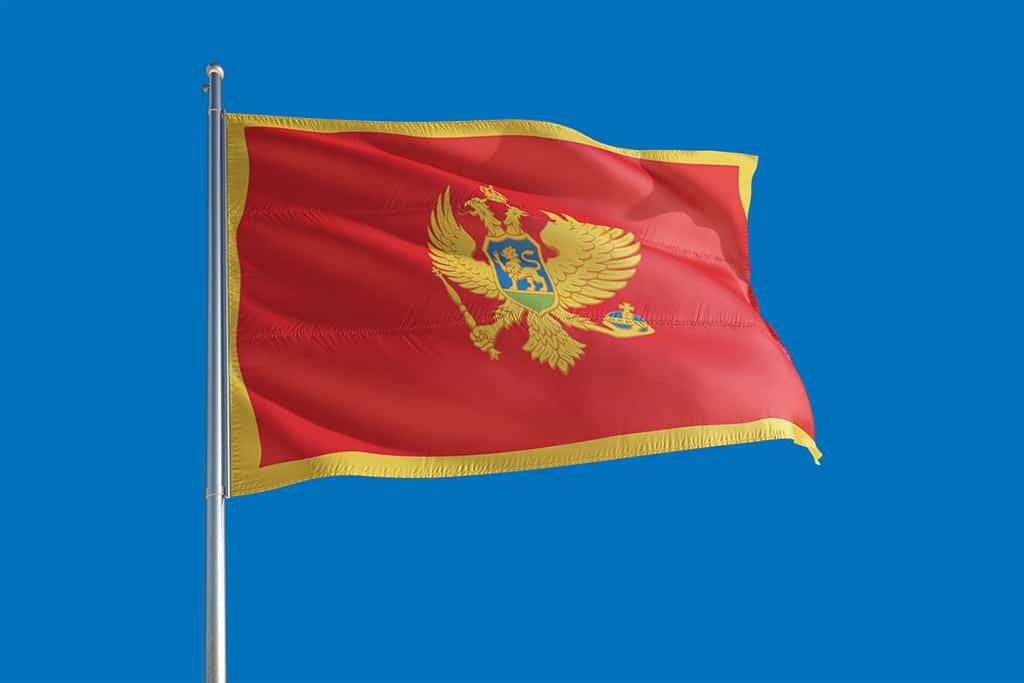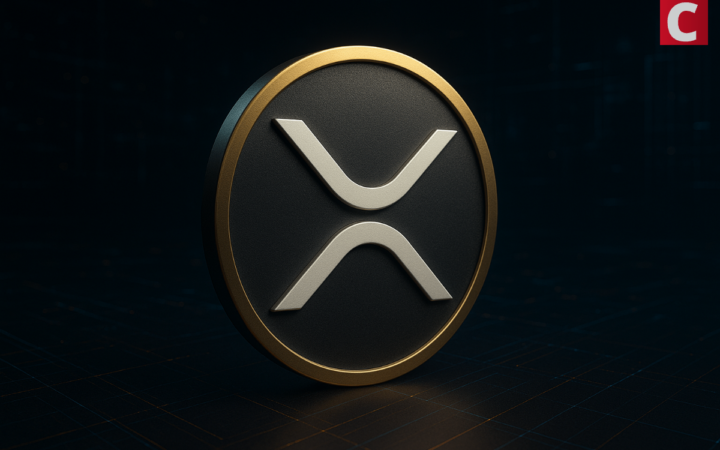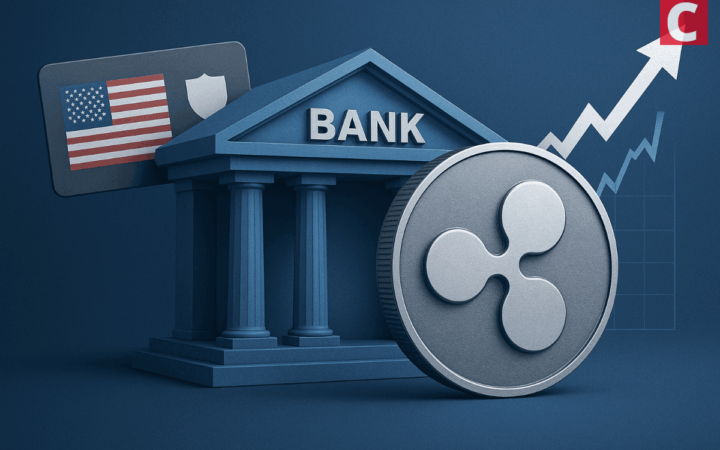
Darya is a crypto enthusiast who strongly believes in the future of blockchain. Being a hospitality professional, she is interested in finding the ways blockchain can change different industries and bring our life to a different level.
Ripple and Montenegro’s Central Bank agreed on developing a pilot project for a national digital currency. However, the specifics of the upcoming project are not yet known.

The Central Bank of Montenegro will work on developing its own central bank digital currency (CBDC) in partnership with Ripple. Dritan Abazović, Prime Minister of the Baltic country, shared the news on his Twitter.
Produktivan sastanak sa CEO kompanije @Ripple @bgarlinghouse i VP za saradnju sa centralnim bankama #JamesWallis. Razgovarali smo o razvoju platne infrastrukture koja bi obezbijedila veću finansijsku dostupnost i inkluziju. Crna Gora otvorena za novu vrijednost i ulaganja. ⬇️ pic.twitter.com/YdPeWHUtCm
— Dr Dritan Abazovic (@DritanAbazovic) January 18, 2023
According to Dritan Abazović, he met Ripple CEO Brad Garlinghouse as well as vice president James Wallis during the World Economic Forum 2023 in Davos to “discuss the development of a payment infrastructure that would provide greater financial accessibility and inclusion.” The talks were productive, as the parties agreed on developing a pilot project for a national digital currency. However, the specifics of the upcoming project are not yet known.
Notably, since Montenegro is neither a part of the Eurozone nor a member of the European Union for which the country applied back in 2008, it does not have its own national currency. It has been using the euro since 2002. With the issue of its own CBDC, Montenegro will definitely be ahead in terms of technological development.
Montenegro is known as one of the crypto-friendly countries. Its government has admitted that digital technologies and crypto development are changing the world, advancing all industries. There is no proper regulation of the cryptocurrency industry in Montenegro. However, the standards enacted in the nation and Europe should be followed by exchanges and exchangers even when a license for cryptocurrencies has not been awarded. Montenegro is currently the country with the most advanced crypto transactions. It even allows making real estate purchases in Bitcoin (BTC), Ethereum (ETH), and other currencies.
In December 2021, a former member of the Central Bank of Montenegro Ivan Boskovic released an article called “Central Bank of Montenegro: How to Boost Banking and Payment Innovation in a Small Developing Economy.” There, he highlighted the role of digital transformation, especially in the financial sector, and called for setting up a favourable policy framework to achieve effective technology transfer and the commercialization of new discoveries.
Meanwhile, Ripple is actively participating in projects involving central bank digital currencies. Prior to reaching an agreement with Montenegro on a CBDC, Ripple launched a pilot of a private version of the XRP Ledger. It is now providing a platform for central banks around the world to issue their digital currencies securely. Later, Ripple partnered with the Royal Monetary Authority of Bhutan and the Republic of Palau to issue a CBDC using Ripple’s open-source XRP Ledger (XRPL).
According to Ripple, CBDCs will play an important role in transforming global payments and improving financial access. Therefore, in 2023, CBDC are the biggest focus of the company. Ripple will not implement a solution for every central bank in the world, but it will definitely find effective solutions for smaller central banks that are interested in advancing their economies.
Disclaimer: Coinspeaker is committed to providing unbiased and transparent reporting. This article aims to deliver accurate and timely information but should not be taken as financial or investment advice. Since market conditions can change rapidly, we encourage you to verify information on your own and consult with a professional before making any decisions based on this content.

Darya is a crypto enthusiast who strongly believes in the future of blockchain. Being a hospitality professional, she is interested in finding the ways blockchain can change different industries and bring our life to a different level.




